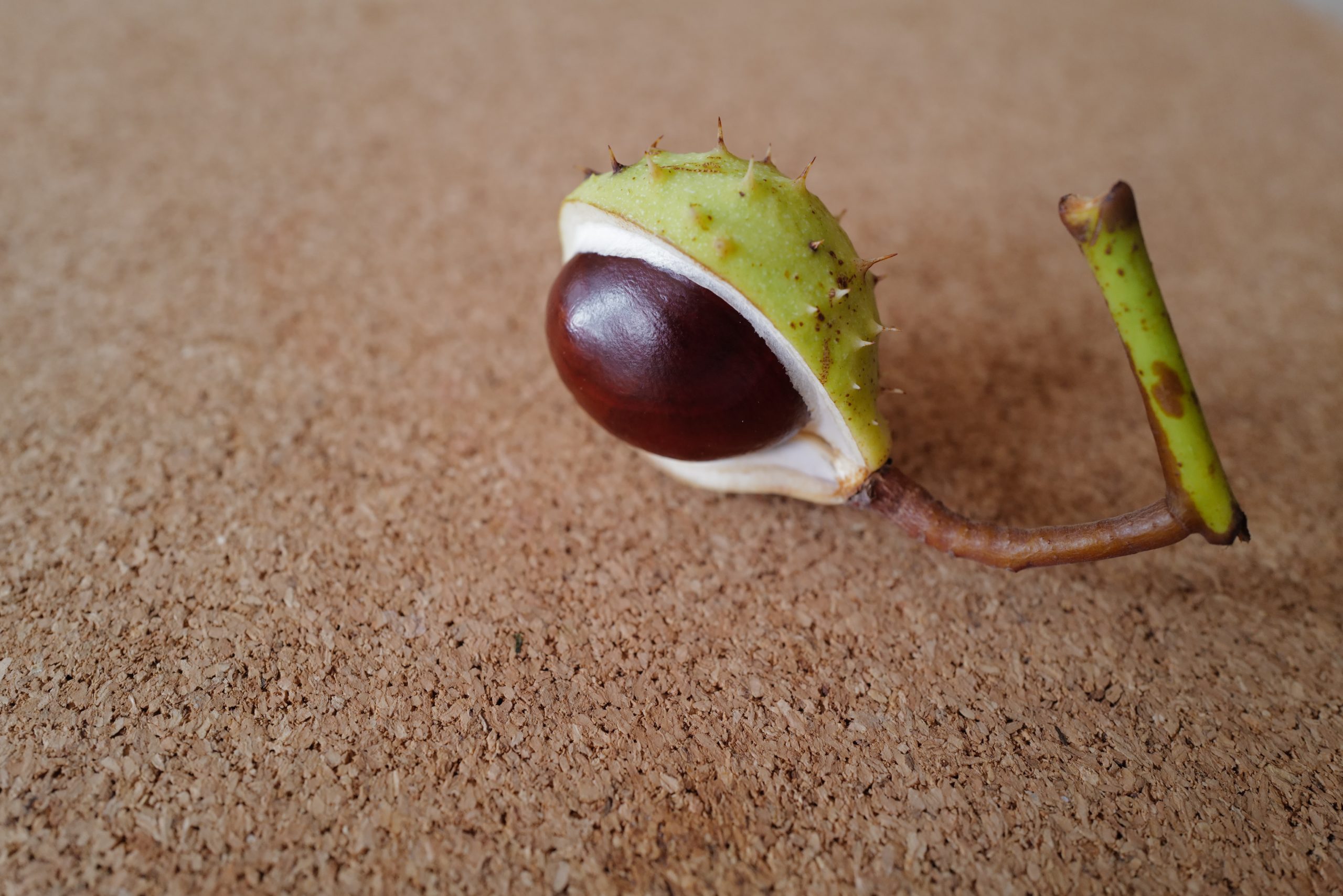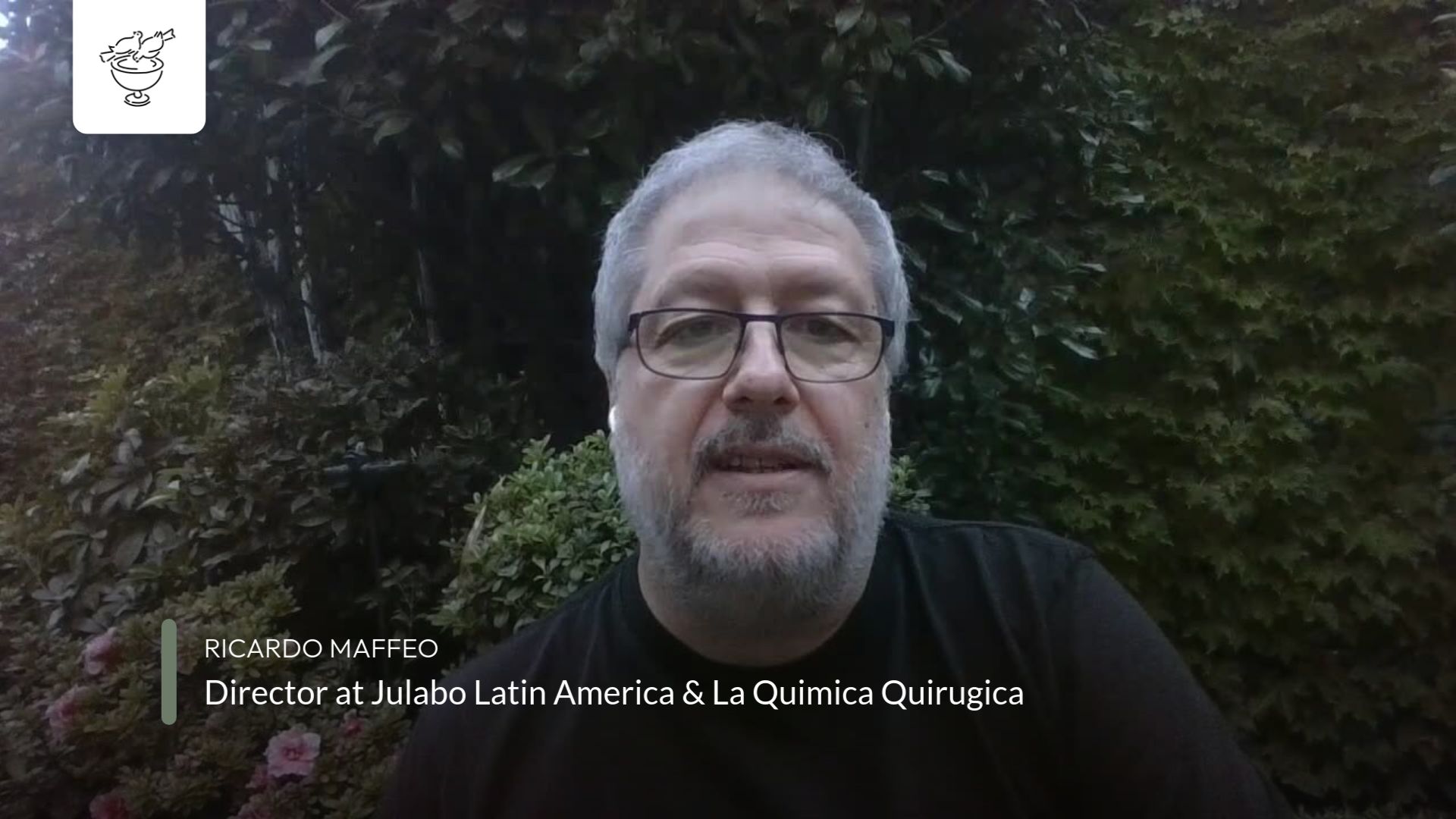Then something happened: the mantra began to sound within me – like a storm warning.
Lately I have been aware that I have been walking less. Back in Australia I would do a lot of day to day walking – mostly to bus stops and to work. It was good for both my waistline and my body-mind balance. Walking is often where I go to help my body ‘work out’ any thinking and/or feelings that might need to be attended to. Sometimes energy expended bodily can loosen up a mind that is stuck in particular patterns. I need my walks.
One particular afternoon I set out for Ealing Common, a large expanse of public land which takes about 10 minutes to walk around. Three laps, thirty minutes – just the thing.
As I walked I noticed a lot of what I assumed to be chestnuts on the ground beneath the trees that circle the common. This immediately brought back memories of a time when a friend and I went to an open garden in The Blue Mountains about 3 hours west of Sydney in the Australian state of New South Wales. At that time the chestnut trees were dropping their nuts. We carefully collected as much as our pockets could secrete. Once home we placed them in a microwave for a few seconds, removing them just before they exploded. We then sat down to a snack of cooked chestnuts. It is a fond memory.
As I rounded the Common I began collecting the tree’s fallen nuts. Soon I had pockets bulging with memory. Sure of myself I headed back to the house. Once there I put two in the microwave. The one that didn’t explode I took out to taste. It tasted like a raw potato and not at all like a chestnut. Too early to eat, I assumed. I put the rest in a bowl on the kitchen table.
A couple of days later WCCM community members Sarah and Georgina* were in the kitchen.
‘Have you ever cooked a chestnut in a microwave’, I asked as I reached for the bowl.
They had not, they said. I explained the process as I pulled the first nut from the bowl. I could tell them my Blue Mountains chestnut story. Things were going well.
‘I found these underneath the chestnuts trees on Ealing Common.’
‘They are not chestnuts,’ Georgina said abruptly.
‘No, they’re not,’ agreed Sarah. ‘I can’t remember what they are called, or the name of the trees. Boys collect them and call them conkers. They run a string through them and use them in a game.’
As Sarah explained and showed me with her hands the way boys would hold a conker with its string, striking with force the conker on a string in front of them, I felt my stomach grow tense. I was reacting to Georgina’s abruptness as if it were arrogance.
Georgina and Sarah then went on to tell me about the differing shape of the chestnut as well as the season for them. They had lived in England all their life. They knew all about it. I was the ‘blow-in’ – the new guy. I knew nothing.
Pride rose in me. An ego that thinks it should know these things was reacting, sparking up. I am being made to look like a fool, aren’t I?
An inner storm was breaking. It was like one of those videos of a big thunder storm being played in fast motion: dark clouds were billowing forward at speed crowding out a calm blue sky.
Then something happened: the mantra began to sound within me – like a storm warning.
Attention moved from ego to the word. I felt my attention move deeper and into a calmer space. It was like grace had just pressed the reverse button.
‘Well, I guess I can throw these out then.’ I looked at the conkers, with inner attention on the mantra. The storm was subsiding.
A fruit of a regular practice of meditation is the mantra ‘taking root in the heart’. The felt sense is one of the mantra being sounded gently and faithfully there, in the heart. Once this starts to happen we may begin to discover that the mantra becomes available to us at other times of the day, outside our formal meditation times. Perhaps it may come to mind while we are in a queue at the bank or in a traffic jam. It may be times of stress and anxiety that cue the mantra within us. Whenever and wherever this happens, it means that an awareness of the mantra and what grace can do with it is making its way into our consciousness.
This reminds me of a part of John Cassian’s Tenth Conference. Through his writings John Cassian (who lived about 360-435), brought the wisdom of the early desert Fathers and Mothers to Europe. In this Conference Cassian has the desert Father Abba Isaac saying
Let the meditation of this verse, I tell you, be revolved in your breast without interruption. You should not stop chanting it, regardless of what work, office or travel you find yourself in. Meditate on it when you are sleeping, eating and in the basic necessities of nature. May this pondering in your heart, once it has become like a formula for salvation, not only protect you unharmed from every attack of the demons, but also lead you to those invisible and heavenly theories, purifying you from all sins by earthly pollution, and so carry you on to that ineffable ardour of prayer experienced by very few.
This verse that Abba Isaac recommended was ‘Oh God come to my aid; oh Lord, hasten to help me’ (Psalm69:2). It is this verse that the Christian meditator reduces to its essence in the mantra ma-ra-na-tha (come Lord).
We may find that the mantra does indeed “become like a formula for salvation”, sounding at times within us when energetic forces of ego-centric pride, of shame, of anxiety and others threaten to ‘take possession’ of our inner life and awareness. It is a formula for salvation because the mantra itself has become, for us, a sanctifying word – a word saturated with grace and divine potency working faithfully and lovingly towards the full transformation of our consciousness. Our attention, over time, follows the mantra home to our own being and into union with divine Love in silence.
All of this, of course, emphasises the importance of a regular practice. Only through regular practice can the mantra become part of our heart to be pondered, or sounded, at a distance from rationality.
It is a wonderful gift of grace to discover a remembering of the mantra rising up in the everyday of our lives just when it is needed. As this happens, and as we give attention to the sounding of this mantra as it rises, we grow in a gentle awareness of the many times in a day when the energy of egoism can take hold of our inner life, influencing what we say and what we do. It is in these moments when grace becomes our healing, our transformation into love. All we need do is keep practicing the giving of attention to the mantra.
* The names have been changed.





